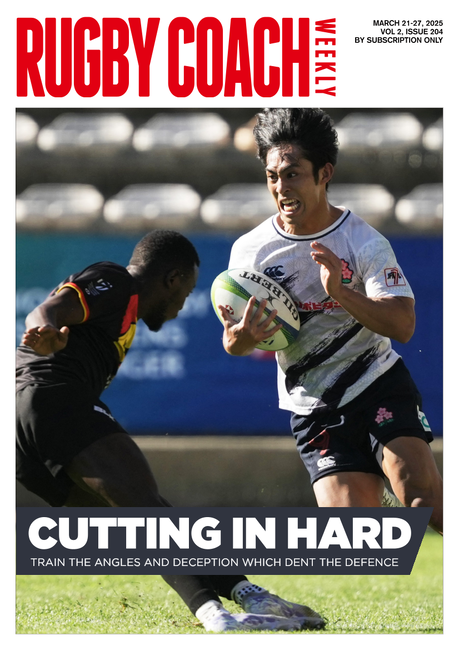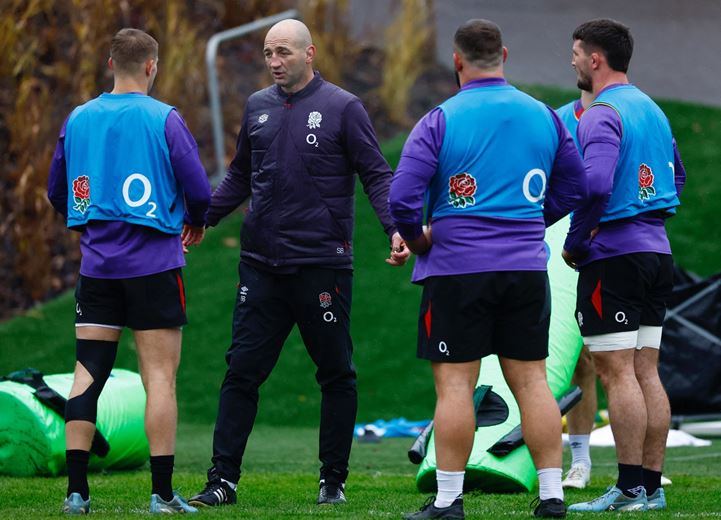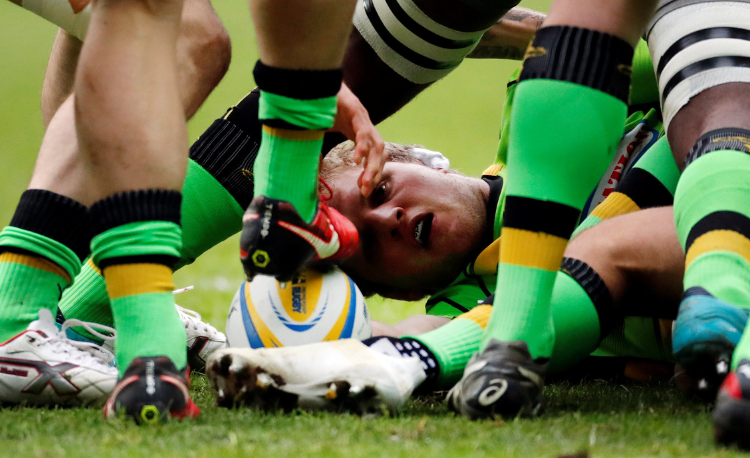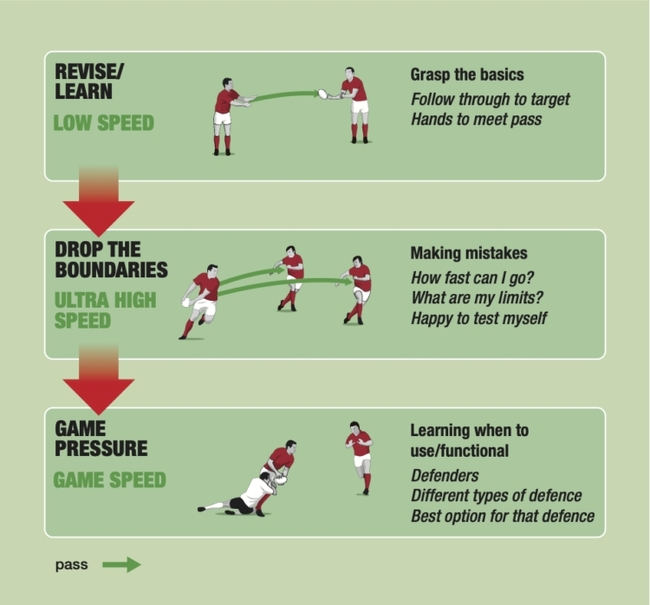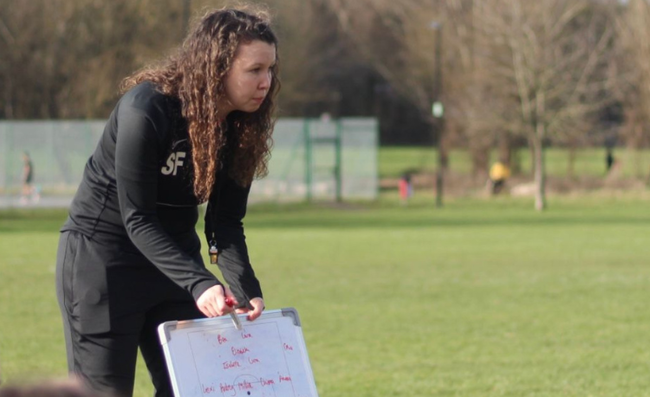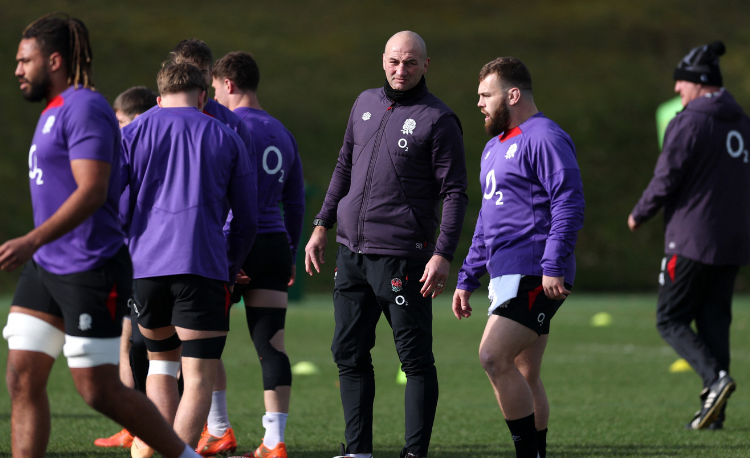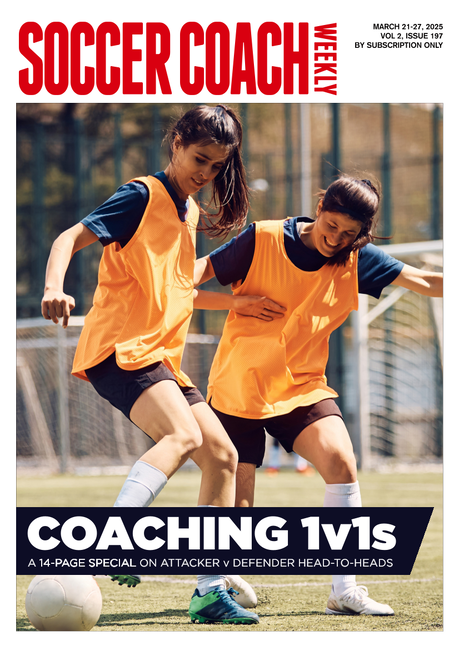Dealing with silly players
Sometimes it seems that some wicked person has given your players some "silly smarties" before training, here are four ways you can bring them back into line.

Sometimes it seems that some wicked person has given your players some "silly smarties" before training, here are four ways you can bring them back into line.
Fun is fine. But if it gets out of hand, your session can easily go off the rails unless you implement our simple plan to stop it.
1. Distract them
Telling silly players to stop being silly repeatedly does not work. Instead, find a positive activity to change to. For instance: "Let’s now work on the key points from last session". Or, move to another area of the field.
2. Change the activity to change the speed
Silly players often play at a speed that allows them to be silly or is too fast for them, so they become silly because they cannot cope. Change the structure of the activity. Either move to a different style (from a game environment into a "drill" environment), or move to a simpler skill to work on where they can enjoy success.
3. Focus on the followers not the leader
A couple of players are usually the "silly" leaders. They will not listen to reason and become more silly the more attention you give them. Ignore them in the activity and focus on the players who are following you more closely. Praise the "followers" and give them the attention. The silly players will be starved of their "attention oxygen" and will start to calm down.
4. Divide and conquer
If you are struggling with a particular player or a couple of players, separate them from the group. With enough coaches, they can be worked in another area, or just sit out. A break, even if it is for a couple of minutes, might be enough. However, put them out of clear sight of the group you are working with. On their return, do not make a fuss. Just integrate them back into the group. Alternatively, with a couple of coaches, split the group in half and work separately, splitting any potential silly pairings apart.
Remember it’s natural!
Being silly is part of growing up. It is not always a sign of bad behaviour. Sometimes, you have to accept players will not be engaged for reasons you cannot control. However, your training environment will set the tone. Avoid quips, jokes and banter. Keep training sessions varied. Set out the behaviour stall and stick to it.
Newsletter Sign Up
Coaches Testimonials

Gerald Kearney, Downtown Las Vegas Soccer Club

Paul Butler, Florida, USA

Rick Shields, Springboro, USA

Tony Green, Pierrefonds Titans, Quebec, Canada
Subscribe Today
Be a more effective, more successful rugby coach
In a recent survey 89% of subscribers said Rugby Coach Weekly makes them more confident, 91% said Rugby Coach Weekly makes them a more effective coach and 93% said Rugby Coach Weekly makes them more inspired.
Get Weekly Inspiration
All the latest techniques and approaches
Rugby Coach Weekly offers proven and easy to use rugby drills, coaching sessions, practice plans, small-sided games, warm-ups, training tips and advice.
We've been at the cutting edge of rugby coaching since we launched in 2005, creating resources for the grassroots youth coach, following best practice from around the world and insights from the professional game.


